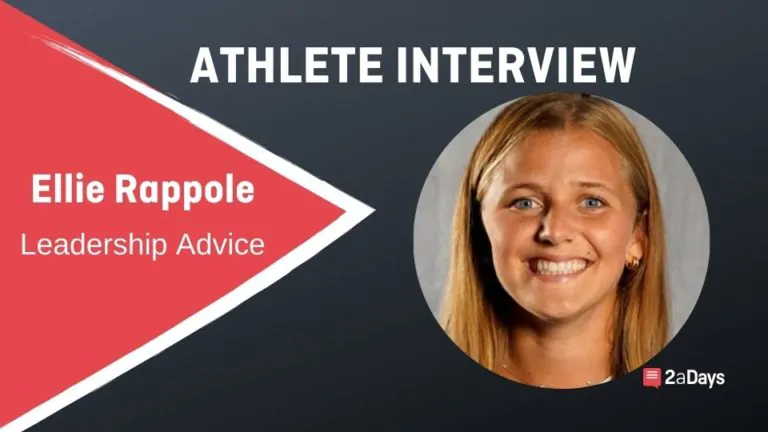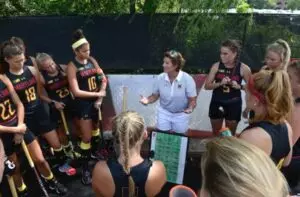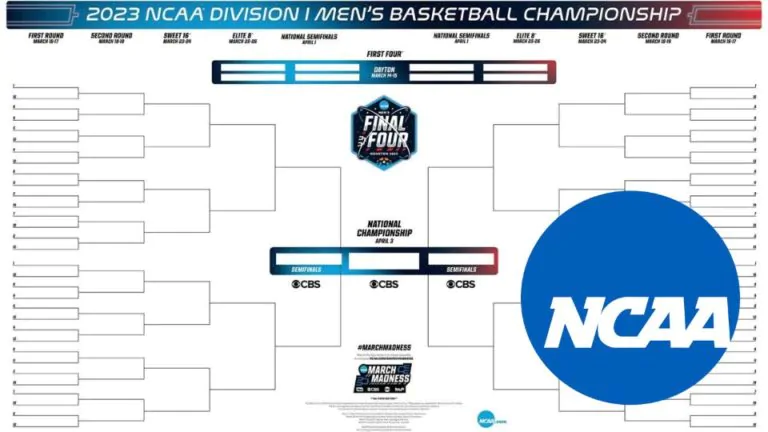I have always aspired to be a leader in all aspects of my life. I was the captain of my club soccer team for three years, which led me to commit to playing Division I soccer at the University of Rhode Island. During my freshman year, I passed all of the fitness tests, earned a starting spot, gave 110% every game, but was too scared to push my boundaries. At the end of my first season, my coach told me he could see me leading this team, but I had to work on being more vocal on the field. The following year we got three new coaches, and I knew I was going to have to prove myself all over again.
My sophomore year was much different from my freshman year. The team hit some rough patches, and we ended up with a multitude of injuries. My coach relied on me to be a flexible player and to play different positions whenever needed. As the new coach put trust in me, I was able to put more trust in myself, which allowed the team to put their trust in me. I was a consistent and reliable athlete and was prepared to do what was asked of me.
Related coach rating: Megan Jessee
I grew a lot this second season, and right before Christmas break, I had a meeting with my coach. She told me I was going to play a significant role on the team in the next few years. The team lost a fair amount of seniors, so I knew I had to step up. I made it my goal to lead the team, be more vocal, and take charge. Before the end of spring season my sophomore year, I was named captain.
9 Characteristics that Make a Leader
- Commitment
- Confidence
- Communication
- Decision-making
- Empowerment
- Hard work
- Influence
- Positivity
- Passion
“Lead by example on and off the field, be the glue of the team, be the person everyone can go to with their problems, be consistent, be vocal, stay calm, deal with diversity, and remember everyone looks up to [you].” These are some of the few words I heard over and over again for the last two years. Being a captain was a full-time job both on and off the field. I was responsible for holding the team together. When we had a bad game, my teammates would look up to me to find a solution. Your coach is not on the field playing the game with you, so as captain, it's up to you to problem-solve in the heat of the game.
Becoming a Captain
The pressure was on me, and I loved every minute of it. When a player was feeling down because they made a bad play, I made sure I turned them around. I would pat them on the back, and say: “it's ok, keep your head up, we need you.” When someone scored on us, I gathered my teammates before the next kickoff to remind them, “we are fine; we have plenty of time left.” Like I mentioned before, it was my job to hold us together, and I did just that.
From my primary position as defensive center mid, I was able to see most of the field, so I had to ensure we were playing as a unit, we were all connected, and everyone was where they needed to be.
I had just as many responsibilities off the field as on. Some of my teammates were struggling with mental health issues, poor academics, or personal issues, and they would come to me for advice. I was there no matter the circumstances. I put the team first and learned how to stay positive and strong for them.
Related: Mental Health Webinar with 2aDays, Brandon Marshall, the Virago Project, and the Hidden Opponent
Team Tension
My assistant coach always told me, “not everyone on the team is going to like you, but they will respect you.” Unfortunately, as a captain, you have to make some tough choices, and most likely, you will have disagreements with other players. My junior year as a captain, there was a freshman on the team that I did not see eye to eye with. She was excellent, but only when she wanted to be. She relied on her talent but did not feel the need to put in 100% effort. She was a good player, but I had a tough time dealing with her attitude and lack of effort. During the spring season, things began to escalate with her, and as the only captain, I did not know what to do.
This player was skipping reps in the weight room, and most of the team was becoming frustrated with her. My teammates were coming to me every day, complaining about her lack of effort. I tried to have private conversations with this player and urged her that we needed more effort from her. Things with her took a turn for the worst. At the end of our lift, we were doing a “finisher.” We all hated them, and they were extremely HARD, but we got through them as a team. Her group was going to be the last to finish, and instead of completing the final set, she encouraged her teammates to do fewer reps. I confronted her and was more stern and severe this time. She laughed at me and walked out of the weight room. Later that day, I got a text from my coach asking for the whole team to meet with her. I thought my coach had heard about the issue we were having and wanted to talk about it, but that was not the case. She named this girl captain!
Related: Coach Ratings
It was Affecting Our Performance
The following year, the newly named sophomore captain came into the preseason unprepared. She did not pass our fitness test, and every college athlete knows how important this test is. As a captain, you need to set an example by passing the fitness test. Besides not passing, she had a terrible attitude on and off the field. About a month went by, and no one on the team respected her as a leader; it was affecting our performance. Fortunately, my coach noticed her behavior and revoked her captainship. Besides this hurdle, I primarily dealt with minor issues like girls wanting more playing time or girls having minor arguments.
Best Memories
I also had many great experiences as a captain. The best being my senior day. The underclassmen put together a jar for each senior; in this jar, every player on the team wrote a note to the seniors. After reading the notes in my jar, I realized the impact I made on the team. The comments were sweet, encouraging, and thankful. Every hardship I faced as a captain was worth it because of the positive impact I made on my teammates.
As I was reading the notes, the one that touched me the most said, “I have looked up to you for three years, not only as a soccer player but as a person. You have given everything to this program, and trust me, it does not go unnoticed. When we were asked what Rhody soccer [Rhode Island Soccer] is, all I can think of is you. Every characteristic you hold is what this team is. I can't imagine Rhody soccer without you here.”
Yes, the past two years as a captain were an emotional roller coaster, full of happiness, stress, tears, anxiety, laughs, and smiles, but I would do it all over again. The last two years taught me to put others before myself. I learned that I have a passion for leading others, and I can empower individuals, and that's what being a captain is all about.
* Originally published on September 24, 2021, by Jaileen Goncalves







